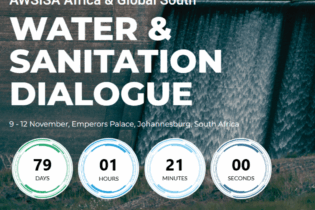 The Southern African Development Community (SADC) has established a team to coordinate a regional response to the impacts of the El-Niño phenomenon on livelihoods in close collaboration with member states.
The Southern African Development Community (SADC) has established a team to coordinate a regional response to the impacts of the El-Niño phenomenon on livelihoods in close collaboration with member states.
Response team
The SADC El Niño Response Team has been established in response to a directive from the SADC Council of Ministers at a meeting held in Botswana in earlier this year. The team comprises of staff from the Secretariat and the UN Agencies such as the Food and Agriculture Organization (FAO), the World Food Programme (WFP), the Office for the Coordination of Humanitarian Affairs (OCHA) and United Nations Children’s Fund (UNICEF). The SADC El Niño Response Team is currently preparing a regional drought appeal for assistance with the aim of mobilising resources to meet the needs of people requiring humanitarian support in the region.Among other things, the SADC El Niño Response Team will:
- Analyse and communicate the regional extent of the impacts of El Niño and the financial and logistical requirements for an effective response
- Coordinate the systems and institutional requirements for an effective importation and distribution programme of food and non-food commodities in the SADC region to mitigate the impacts of the El Niño event of 2016;
- Perform monitoring and evaluation of the response to allow for effective decision making during and after the response
- Based on lessons learnt during the response, make recommendations for future disasters







